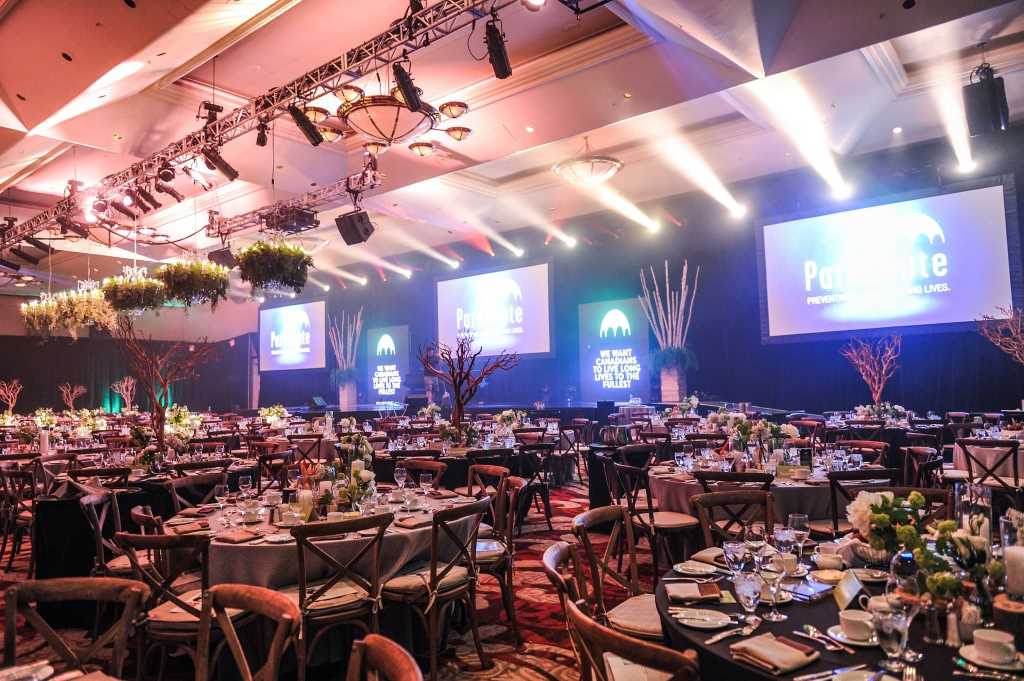
Crystal Corporate gala dinner event management involves planning, organizing, and executing a formal event, often including a dinner, to celebrate a company’s achievements, recognize employees, or foster client relationships. Effective management requires careful attention to detail, from initial planning stages to post-event follow-up, ensuring a memorable and successful experience for all attendees.
Key aspects of corporate gala dinner event management:
- Planning and Strategy:
Defining Objectives:
Establish clear goals for the event, such as brand promotion, employee recognition, or client networking.
Budgeting:
Create a detailed budget, including venue costs, catering, decor, entertainment, and other expenses.
Theme and Concept:
Develop a theme that aligns with the company’s brand and creates a desired atmosphere.
Venue Selection:
Choose a suitable venue based on guest capacity, accessibility, and overall ambiance.
Date and Time:
Consider the event calendar and guest availability when selecting the date and time.
Guest List Management:
Develop a comprehensive guest list and manage RSVPs efficiently. - Event Logistics:
Catering: Select a caterer and plan the menu, considering dietary restrictions and preferences.
Decor and Ambiance: Design the venue decor to match the theme and create a visually appealing environment.
Entertainment: Book appropriate entertainment, such as live music or a DJ, to enhance the event experience.
Technical Requirements: Ensure proper audio-visual equipment, lighting, and staging for presentations or performances.
Guest Arrival and Check-in: Implement efficient check-in procedures and manage guest flow upon arrival.
Transportation and Parking: Arrange for transportation options and parking facilities, if needed.
Security: Ensure adequate security measures to protect guests and property. - Event Execution:
Run of Show: Develop a detailed schedule for the evening, including dinner service, entertainment, and speeches.
Team Coordination: Assign roles and responsibilities to the event staff and volunteers.
Guest Experience: Ensure a smooth and enjoyable experience for all attendees throughout the event.
Problem Solving: Be prepared to handle any unexpected issues or challenges that may arise. - Post-Event Activities:
Feedback Collection: Gather feedback from attendees to evaluate the event’s success and identify areas for improvement.
Thank You Notes: Send thank you notes to guests, sponsors, and volunteers.
Performance Analysis: Analyze the event’s performance against the established objectives.